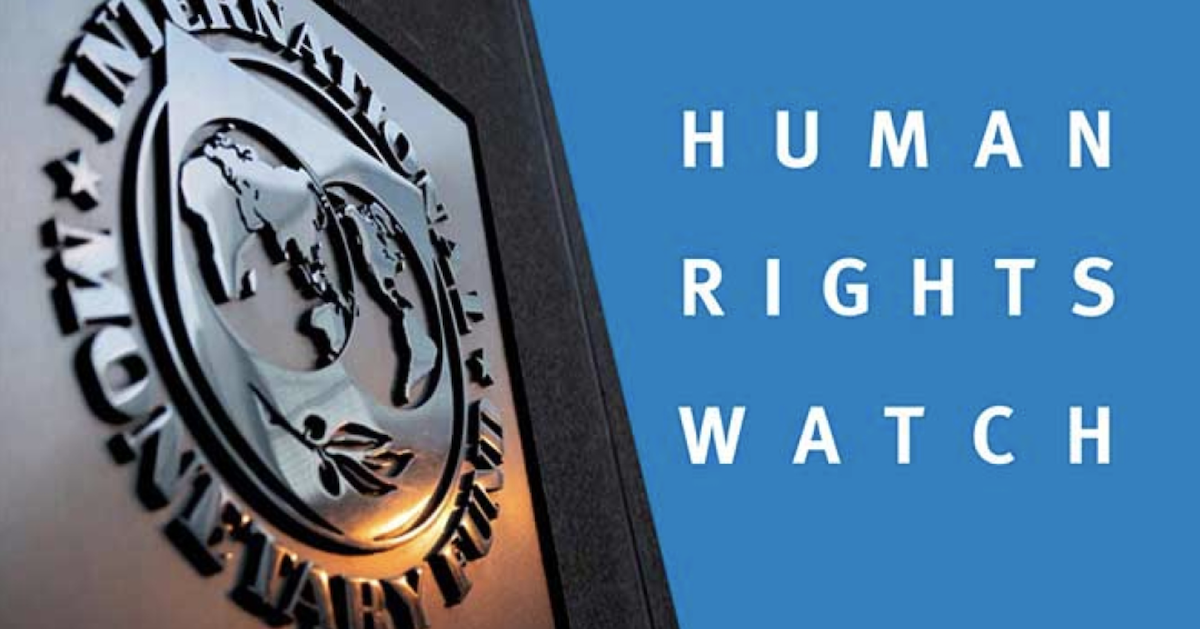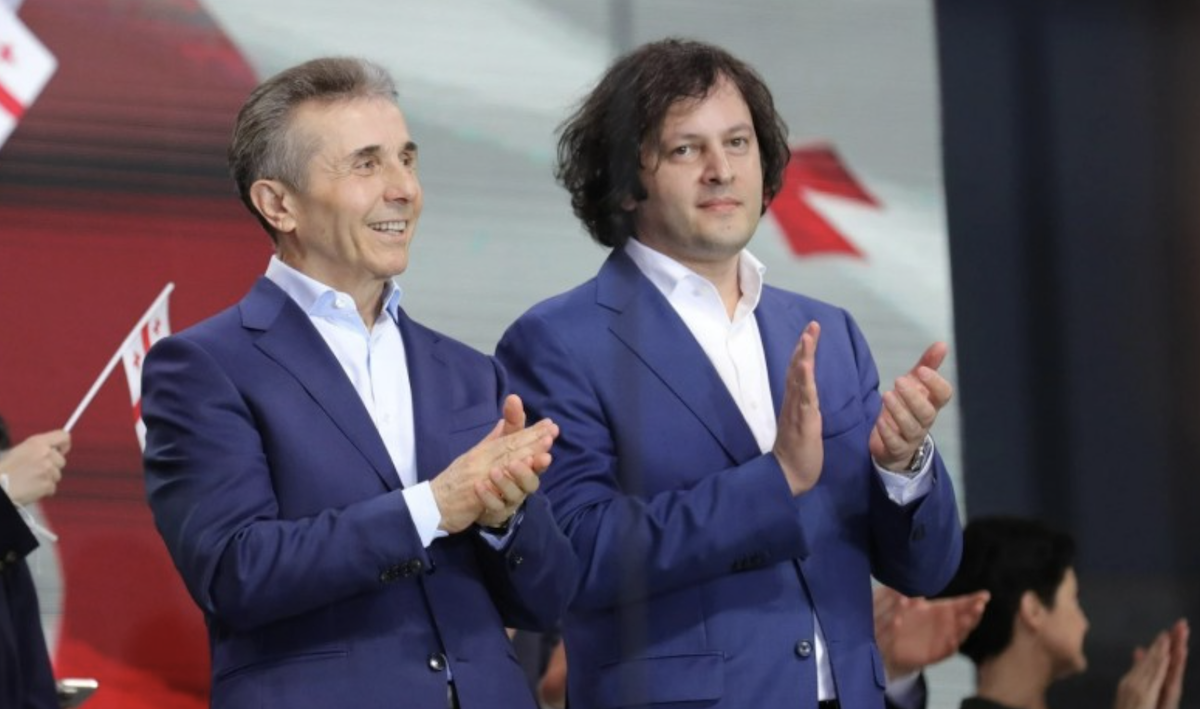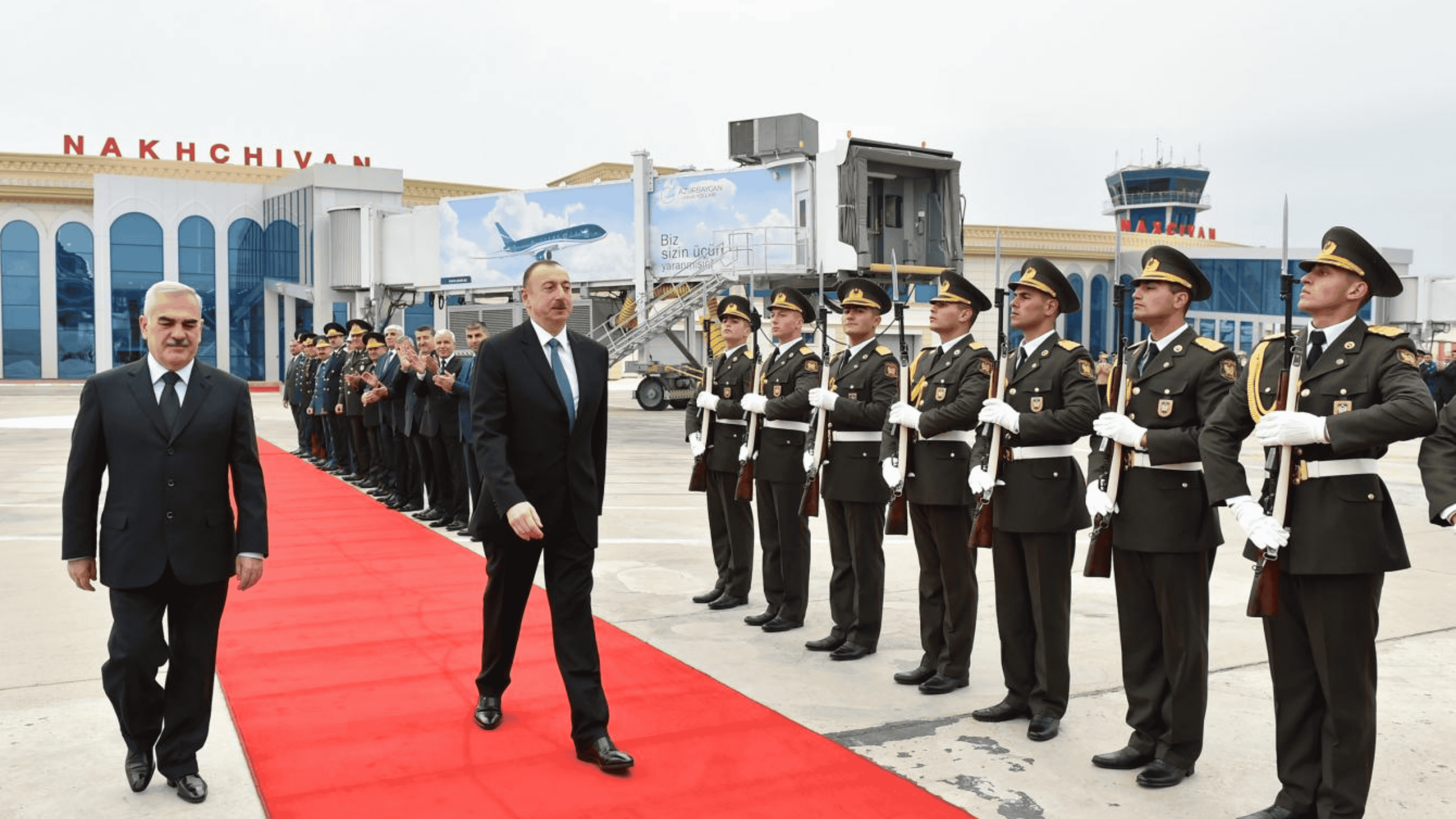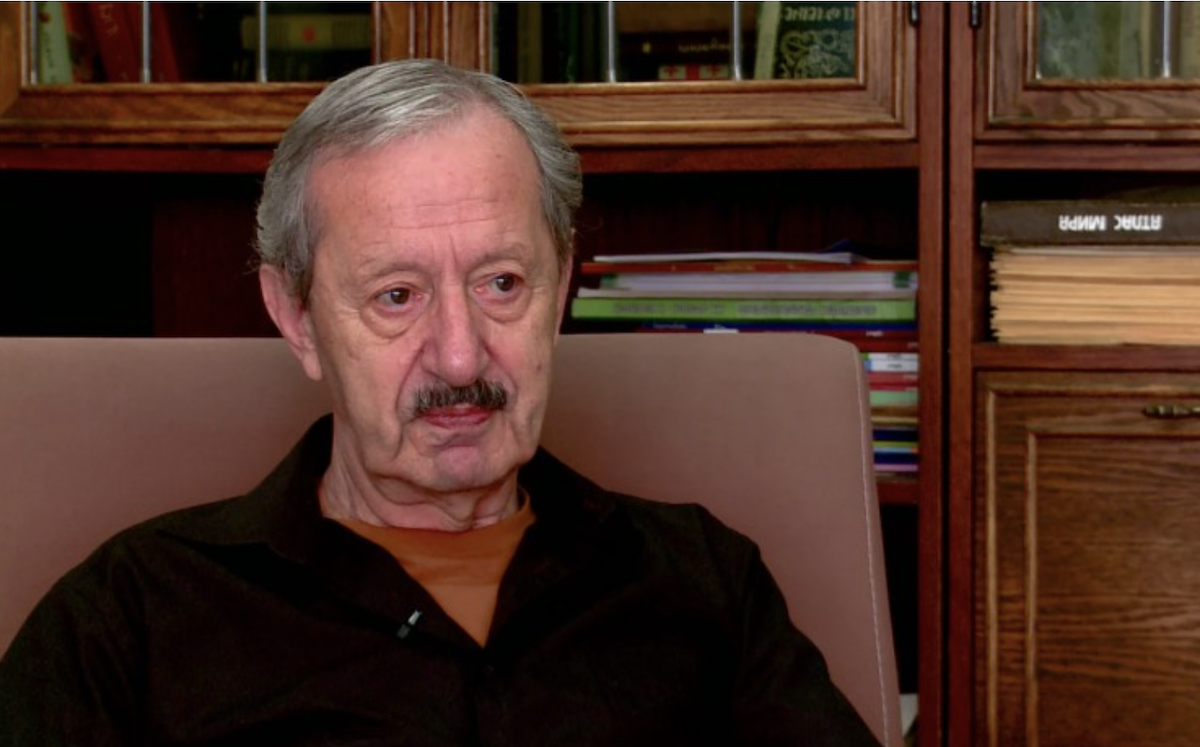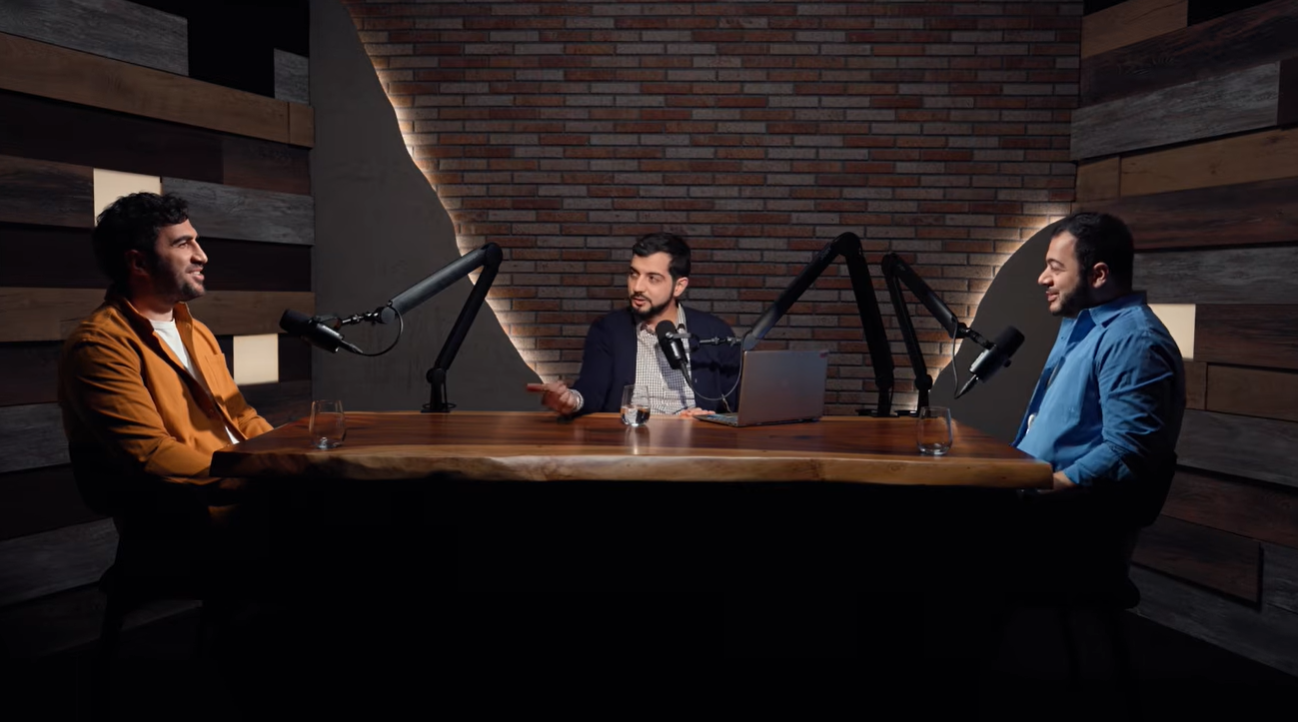EU Ambassador to Georgia: letter in support of Saakashvili signed by MEPs plays important role
The EU Ambassador to Georgia Carl Hartzell said that the MEPs who signed the letter in support of the imprisoned former president Saakashvili play an important role in the EU foreign policy, as well as in the Eastern Partnership region and Georgia.
According to the ambassador, he will not directly comment on the letter of the MEPs, as well as the reaction of members of the Georgian government to it, although the EU delegation is closely following the Saakashvili case.
- Op-ed: Why Saakashvili came and will there be a Georgian Maidan
- From Ukraine to prison: Mikhail Saakashvili returned to Georgia – what next?
“For us, the focus is on fundamental rights and the rule of law. These are fundamental starting points for the EU. We expect a transparent, fair and due process of lawsuits against him”, Hartzel said.
According to him, the EU follows the advice of institutions such as the Public Defender, as it is the main institution dealing with such issues.
Letter from MEPs and response from Tbilisi
Six MEPs issued a joint statement on the detention of former Georgian President Mikheil Saakashvili, arguing that Saakashvili should be released before his case is considered by the European Court of Human Rights. The statement was signed by Andrius Kubilius, Rasa Juknevičienė, Riho Terras, Miriam Lexman and Sandra Kalniete.
Two days earlier, on October 19, another letter in support of Mikhail Saakashvili was released at the initiative of MEP Anna Fotyga, which was signed by 72 people. Along with the MEPs, it was signed by members of the Lithuanian Seimas, former presidents, prominent political and public figures.
Georgian Prime Minister Irakli Garibashvili criticized the letters of the MEPs and said: “Who is Fotyga? Why do they allow themselves so much? “
The prime minister also said that neither Fotyga nor Kubilius “represent anything of themselves”.
“There are 700 deputies in the European Parliament, and we cannot dance to the tune of Fotyga or Kubilius. Let everyone take care of their own country. Nobody can resist the implementation of the law in this country”, Garibashvili added.
EU Ambassador on the second round of elections
The EU Ambassador also addressed the upcoming second rounds of municipal elections to be held on October 30 and announced that another mission of MEPs will arrive in Georgia to observe the elections. In particular, four MEPs will observe the elections together with the OSCE mission.
“I think it was very important in the first round, and it will be important in the second round and in the interim”, Hartzel said.
In addition to positive trends, the ambassador highlighted shortcomings that were clearly visible during the election period:
“We mentioned the positive things that happened after the previous elections. We think the legal framework for the elections has been improved, including through the electoral reform that followed the April 19 agreement, we saw an orderly and calm environment on election day.
We hope that this will continue in the second round. In addition, in the first round of elections, we clearly saw the shortcomings. I’m talking about intimidation, bribery, unequal environment, pressure on voters and politicians. Our strong message after the elections was that we hope that many of these shortcomings will be corrected in the second round, because, as we said in the statement, we hope that this practice will not become the norm in the elections in Georgia”, Hartsel said.
- “Freedom to Misha”: Georgian experts assess the rally for the release of ex-President Saakashvili
- Op-ed: 5 reasons why there is no self-government in Georgia, or why hold the elections
On October 2, 2021, elections to local self-government bodies were held in Georgia. 64 mayors and 2,044 deputies of local councils – “Sakrebulo” were elected in the elections.
According to results published by the Central Election Commission of Georgia, the ruling Georgian Dream party received 46.69% of the vote, and the main opposition United National Movement party, 30.7%. However, in almost all large cities – Tbilisi, Batumi, Kutaisi, Rustavi, Poti and Zugdidi – mayors will be determined in the second round, where the candidates from the ruling party and the National Movement entered.
This is the eighth municipal elections in independent Georgia.
The Georgian opposition announced these elections with a referendum on confidence in the authorities, counting on their results to call early parliamentary elections.










